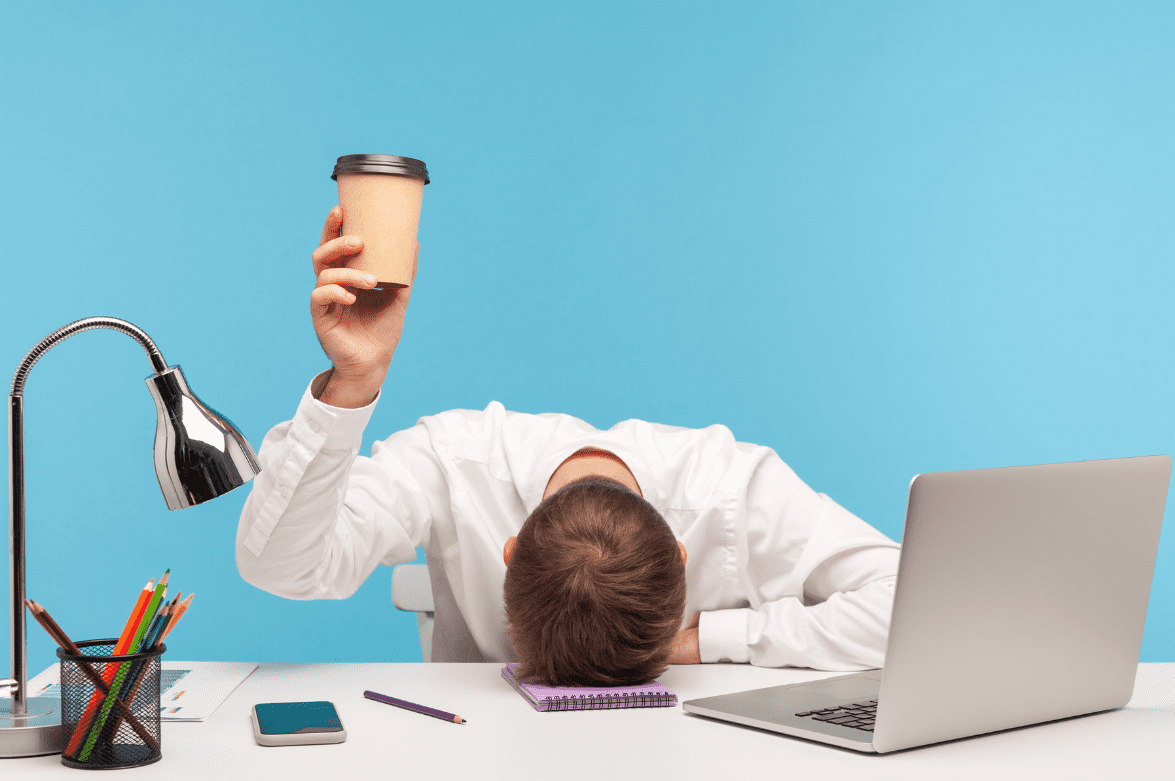I. Introduction
In our fast-paced, hyperconnected professional world, stress is an ever-present reality. Long work hours, high expectations, and tight deadlines can all contribute to a harmful level of stress impacting both our mental and physical health. Understanding the importance of managing this stress effectively is crucial, and this article aims to provide busy professionals with a range of techniques to tackle stress and improve their overall wellbeing.
II. Understanding Stress
A. Definition of stress
Stress is a state of mental or emotional tension resulting from adverse or demanding circumstances. In a professional setting, these can range from strict deadlines to high-stakes decision making.
B. Common causes of stress for busy professionals
These may include long working hours, high job demands, workplace conflicts, tight deadlines, and a lack of work-life balance.
C. Impact of stress on physical and mental health
Chronic stress can lead to a host of health problems such as anxiety, depression, heart disease, sleep problems, weight gain, memory and concentration impairments, among others.
III. Mindfulness Meditation
A. Definition and Benefits
Mindfulness meditation involves paying attention to the present moment without judgment. It can reduce stress by promoting relaxation, increasing self-awareness, and enhancing emotional regulation.
B. How to Practice Mindfulness Meditation
- Find a quiet, comfortable place to sit or lie down.
- Close your eyes and focus on your breath, noticing each inhale and exhale.
- When your mind wanders, gently bring your focus back to your breath.
- Start with short sessions and gradually increase the duration as you become more comfortable.
IV. Time Management Strategies
A. Importance of Time Management
Effective time management can reduce stress by helping professionals prioritize tasks, set realistic goals, and avoid feeling overwhelmed by deadlines.
B. Tips for Effective Time Management
- Create a daily schedule or to-do list.
- Break tasks into smaller, manageable chunks.
- Prioritize tasks based on urgency and importance.
- Use tools such as calendars and productivity apps to stay organized.
V. Physical Exercise
A. Benefits of Exercise for Stress Management
Regular physical activity can reduce stress by releasing endorphins, improving mood, and promoting better sleep quality.
B. Incorporating Exercise into a Busy Schedule
- Choose activities that you enjoy and can easily fit into your routine.
- Take short breaks throughout the day for quick exercises like stretching or walking.
- Schedule regular workouts or classes to make exercise a consistent habit.
VI. Relaxation Techniques
A. Deep Breathing
Deep breathing exercises can calm the nervous system, reduce muscle tension, and promote relaxation.
B. Progressive Muscle Relaxation
This technique involves tensing and then relaxing different muscle groups in the body to release physical tension and induce relaxation.
VII. Social Support
A. Importance of Social Connections
Maintaining strong social connections can provide emotional support, perspective, and a sense of belonging, all of which can buffer against stress.
B. Cultivating Social Support
- Make time for regular social activities with friends and loved ones.
- Join professional networks or support groups to connect with peers facing similar challenges.
- Seek support from a mentor, coach, or therapist when needed.
VIII. Healthy Lifestyle Habits
A. Nutrition Eating a balanced diet rich in fruits, vegetables, whole grains, and lean proteins can support overall health and resilience to stress.
B. Sleep Prioritize adequate sleep by establishing a consistent bedtime routine, creating a restful sleep environment, and avoiding stimulants like caffeine before bedtime.
C. Self-Care Engage in activities that bring you joy and relaxation, whether it’s reading, listening to music, or spending time in nature. Taking time for self-care is essential for replenishing your energy and resilience in the face of stress.
XIV. Conclusion
Stress management is no longer a luxury, but a necessity for maintaining health and productivity in our increasingly demanding professional lives. Implementing the stress management techniques discussed in this article will empower individuals to handle stress effectively, thereby enhancing their overall quality of life and productivity. Remember, taking steps to manage stress is an act of self-care that you owe to yourself.
XV. Join UnifiedCaring.org
UnifiedCaring.org is a community committed to fostering care, harmony and love in the world around us. Our membership program provides access to resources and initiatives designed to promote caring and stress-free living. De-stress, reconnect, and foster a nurturing environment for yourself and those around you. Join the Unified Caring community today.

